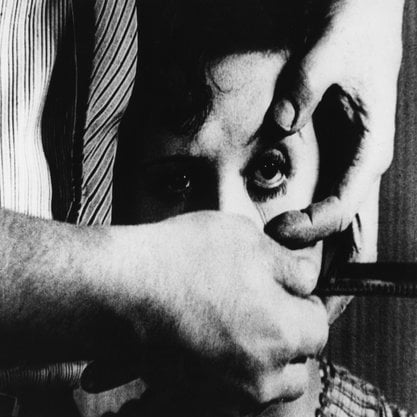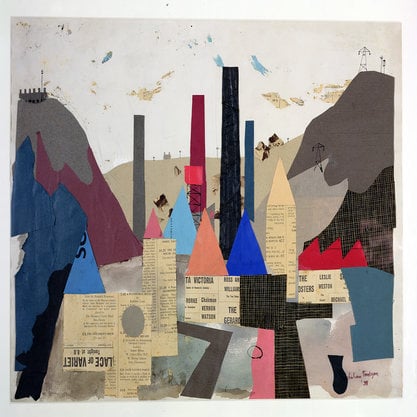Article
Kluge, Alexander (1932--) By Weigel, Moira
Article
Alexander Kluge is a German author, film director, and television producer who has also worked as a lawyer, teacher, and political lobbyist. A founding figure of the New German Cinema, he has continued to publish numerous works of fiction and social criticism, and to make experimental films and “film essays” for television.
Kluge was born in Halberstadt in 1932. After studying at the University of Marburg, he earned a doctorate in law at the Goethe University of Frankfurt am Main in 1956. During this time, Kluge began writing short stories. He also befriended the philosopher Theodor Adorno, who was then teaching at the Institute for Social Research. The encounter with critical theory would profoundly shape Kluge’s work. Adorno also introduced the young writer to director Fritz Lang.
In 1960, Kluge made his first film, Brutalität im Stein (Brutality in Stone), a twelve-minute, black-and-white montage of Nazi architecture, intended to open discussion of Germany’s recent past that public discourse had suppressed. It premiered at the Oberhausen Film Festival in 1961. The following year, Kluge signed the Oberhausen Manifesto with twenty-five other filmmakers. This document, usually identified as the beginning of the New German Cinema, declared that “Daddy’s cinema is dead.” Celebrating the innovative potential of experimental shorts, it called for greater political and creative freedom for, and a better system for financing and distributing, independent films. Lutze argues that Kluge belongs to a distinctly modernist tradition of figures who have opposed what they see to be the dominant culture of capitalist society, taking adversarial stances on mainstream aesthetics and politics alike.



